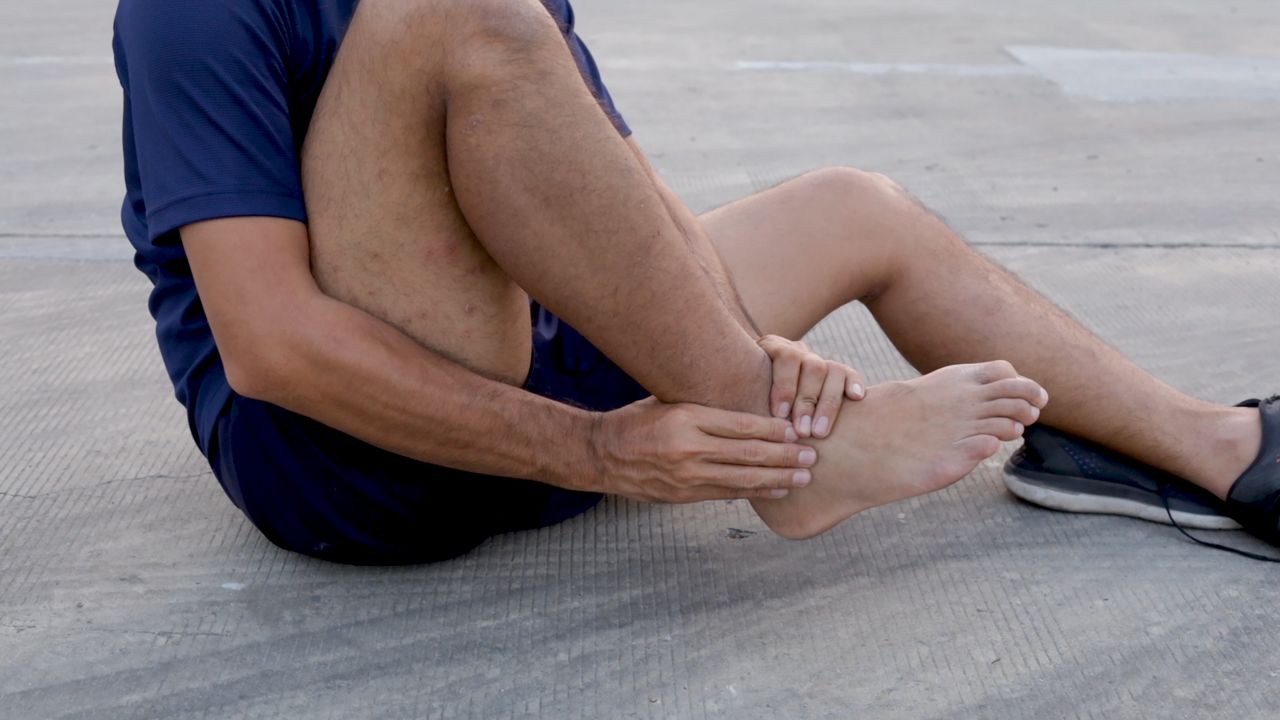Psoriasis is an autoimmune disease that produces thick, scaly patches or areas on your skin. What is an autoimmune disease? Well, it is when your body mistakes healthy cells to be unhealthy and starts attacking them. Why? There are no known reasons as to why that happens, but some scientists suggest that certain viruses and medications confuse your immune system, which is then triggered to start attacking the healthy cells.
Something similar happens in the case of psoriasis, and this blog will explain that to you! A westbury certified physician assistant will guide you through how to manage the discomfort and offer the best treatment for this condition.
Causes of psoriasis
As mentioned earlier, psoriasis is an autoimmune disease. It is caused due to the overactive immune system in your body. Your body assumes that the healthy cells are foreign bodies that need to be attacked and hence cause skin inflammation in response. So basically, your body is responding to a false alert it put up by itself.
Our body usually replaces old skin cells with new ones in 30 days. But when you have psoriasis, your body starts doing the same within 3-4 days. As a result, the scales appear flaky. And yes, sometimes it is genetic. If your biological parents have had it, there is a probability you might get it. But you need not worry. It does not always happen! Actually, some triggers can initiate this reaction.
- If the weather is cold and there is little humidity in the atmosphere
- Some skin infections
- Consuming alcohol heavily or smoking
- A cut or a bug bit on your skin
- Severe sunburn
- Certain medications you might be consuming for other ailments
- You might inherit it from your biological parents
Symptoms
You can identify if you or your loved ones have psoriasis by identifying the following symptoms:
- A raised area of thick skin
- The plaques shed easily and appear to be flaky
- Itchy skin
- Pain in your joints
- You might notice that your nails are cracked or crumbly
When should I see a doctor?
Consult a medical professional if you think you might have psoriasis. If you notice the following conditions, go to a doctor immediately:
- The scales get worse or spread more
- The condition makes you extremely makes you uncomfortable and painful
- The condition does not get better with any home remedies or treatment
That is all you need to know about psoriasis. You now know how it is caused and when you should go see a doctor.





